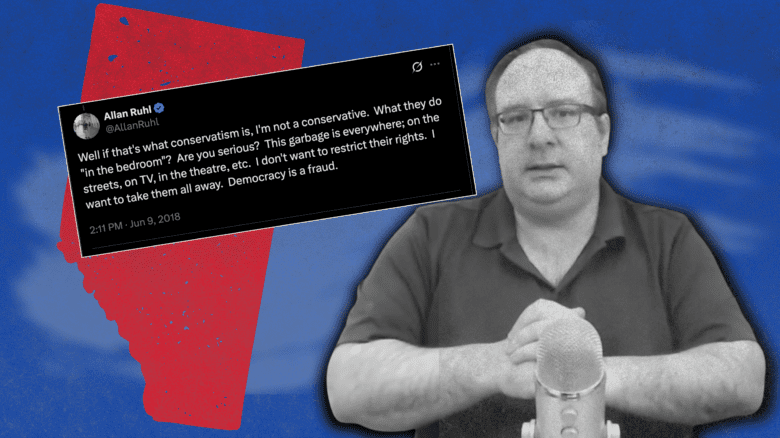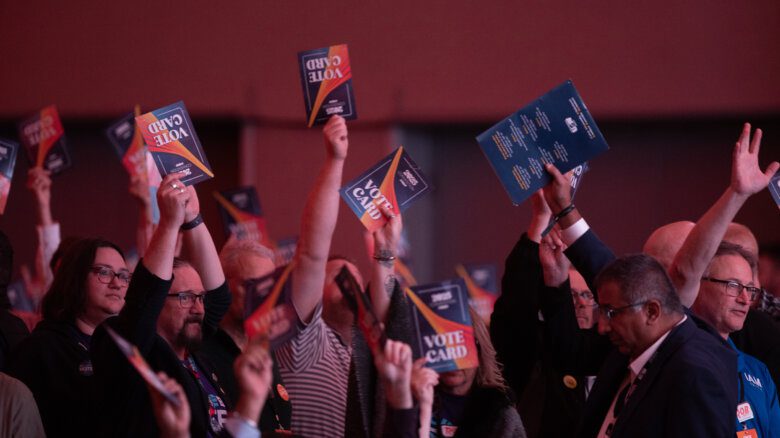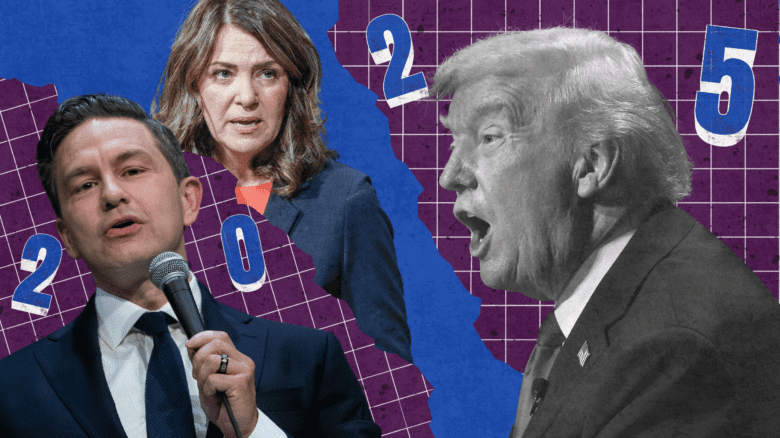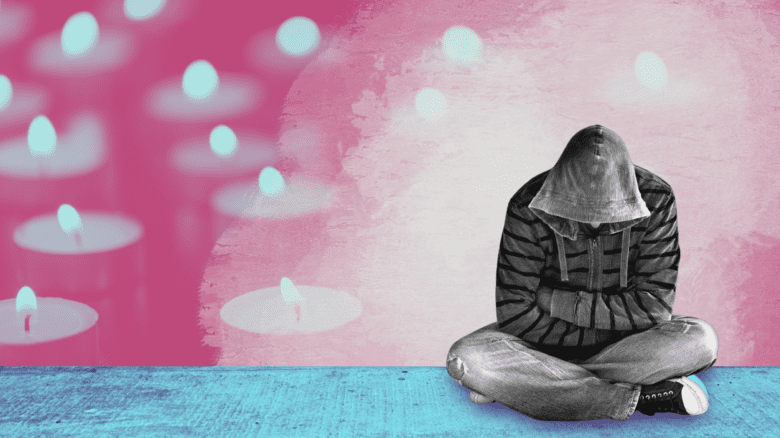2025 was going to be an election year in Canada regardless of what happened. There had been an open question as to just when that was going to happen, given the amount of chest-thumping and parliamentary theatrics from pretty much all of the opposition party leaders. The dynamics were all blown up this week, however, when Prime Minister Justin Trudeau announced that he will resign once a successor has been chosen. He had been backed into the decision by a restive caucus who could see that he had become a millstone around their necks, even if he refused to admit it, coupled with their increasing anxiety, given how he treated his loyal deputy Chrystia Freeland in the lead-up to her resignation from cabinet. This has now changed the board, and could have a significant impact on the election’s outcome, whenever it happens.
Pierre Poilievre and the Conservatives were desperately hoping for an election as soon as possible in order to take full advantage of Trudeau’s unpopularity, essentially hoping to take the reins of the country with a minimal fight, in what certain seat projections had predicted a massive landslide not seen since Brian Mulroney. It’s hardly unsurprising that Poilievre spent the fall whining that it’s “not fair” for Trudeau to leave without facing him in an election, and while he fully plans to tar the eventual successor with the same brush as Trudeau, it may not be quite as effective a tactic—particularly given how many Liberal MPs kept saying that the message they got on the doorsteps was that people still wanted to vote Liberal, but couldn’t so long as Trudeau was in charge.
Just who the Liberals will wind up choosing remains anyone’s guess, given that they haven’t yet decided on the rules of the race, but there will likely be strong interest in finding someone who will set a different tone than Trudeau. I don’t think we’ll see much difference in terms of policy direction—the party is broadly aligned on preserving social programs and delivering to Canadians at a time of economic hardship for many, but will likely pay more lip service to fiscal probity. The one thing to watch for, however, are the concerns that the party became too “woke” or preachy under Trudeau, or that they veered too far to the “left,” though by any objective measure it’s hard to see how when they merely implemented (in some cases, badly) programs that they have been promising for decades.
This is going to be the most interesting dynamic of the leadership race, because this is something that Liberals themselves have been saying (and I have heard it directly from some MPs in conversation). While this is normally the time I might rhetorically ask, “What, then, is an acceptable level of racism/intolerance?,” I suspect that the real issue is less the substance than it is the tone and manner by which these messages get delivered, given the cabinet’s penchant for platitudes, if it’s the general fatigue with the “scolding” tone that the political left is frequently accused of, or if it’s the fact that much of what the Liberals say in regard to minority concerns turn out to be merely lip service. Many Liberals will dutifully recite things like “Nothing about us without us” when talking about people with disabilities, and yet they delivered a wholly inadequate Disability Benefit that was not what they promised, didn’t listen to any of the concerns that were raised about it and still had the temerity to pat themselves on the back for what little they did deliver.
The notion that the Liberals may move to the right under a new leader, given the concerns that they moved too far to the left, is likely to only be with respect to economic policy rather than social policy. Even the most fiscally prudent “blue” Liberals will still pat themselves on the back for being the party that delivered same-sex marriage and, more recently, getting trans human rights protections passed and banning conversion therapy. In fact, even the most “blue” Liberal out there would be more than willing to wedge these facts against the Conservatives in an election campaign by pointing to the social conservatives, anti-abortionists and Christian nationalists in the Conservative ranks, telling voters that even if you think the Conservatives will cut your taxes, they will attack your rights.
The leadership race also creates an opportunity for queer and trans Canadians to organize around a potential candidate whom they feel will be the best to serve their interests going forward. It’s a chance to remind the entire field of leadership candidates of their obligations to our communities as they feel tempted to surrender to the American culture war battles if they think that repudiating the “woke” label is going to help them distance themselves from Trudeau, or to resonate with voters who are tired of this kind of discourse. I think there is a danger of a potential Liberal leader ceding ground to Poilievre on these “culture war” issues if they think it will help them.
The timing of the next election remains up in the air. In spite of every opposition leader vowing that a new Liberal leader will change nothing and that they will vote non-confidence at the earliest opportunity—meaning the return of Parliament at the end of March—NDP leader Jagmeet Singh is variable and could very likely be convinced to let the government hang on a little longer. We find ourselves in a situation where the government likely will need some kind of new legislative measures to deal with any of the threats that incoming U.S. president Donald Trump throws at us, as he has been in recent weeks with talks of tariffs or even outright annexation. By late March, we could find ourselves in a situation where it would be a really bad idea for there to be only a caretaker government in place for six weeks for an election to be fought, and the government could live to fight another day—or they may not. Everything, including the players, remains up in the air while we wait for the Liberal Party to determine the rules of the race—most especially the rules around fundraising and fees—and the next few weeks are going to be full of uncertainty.
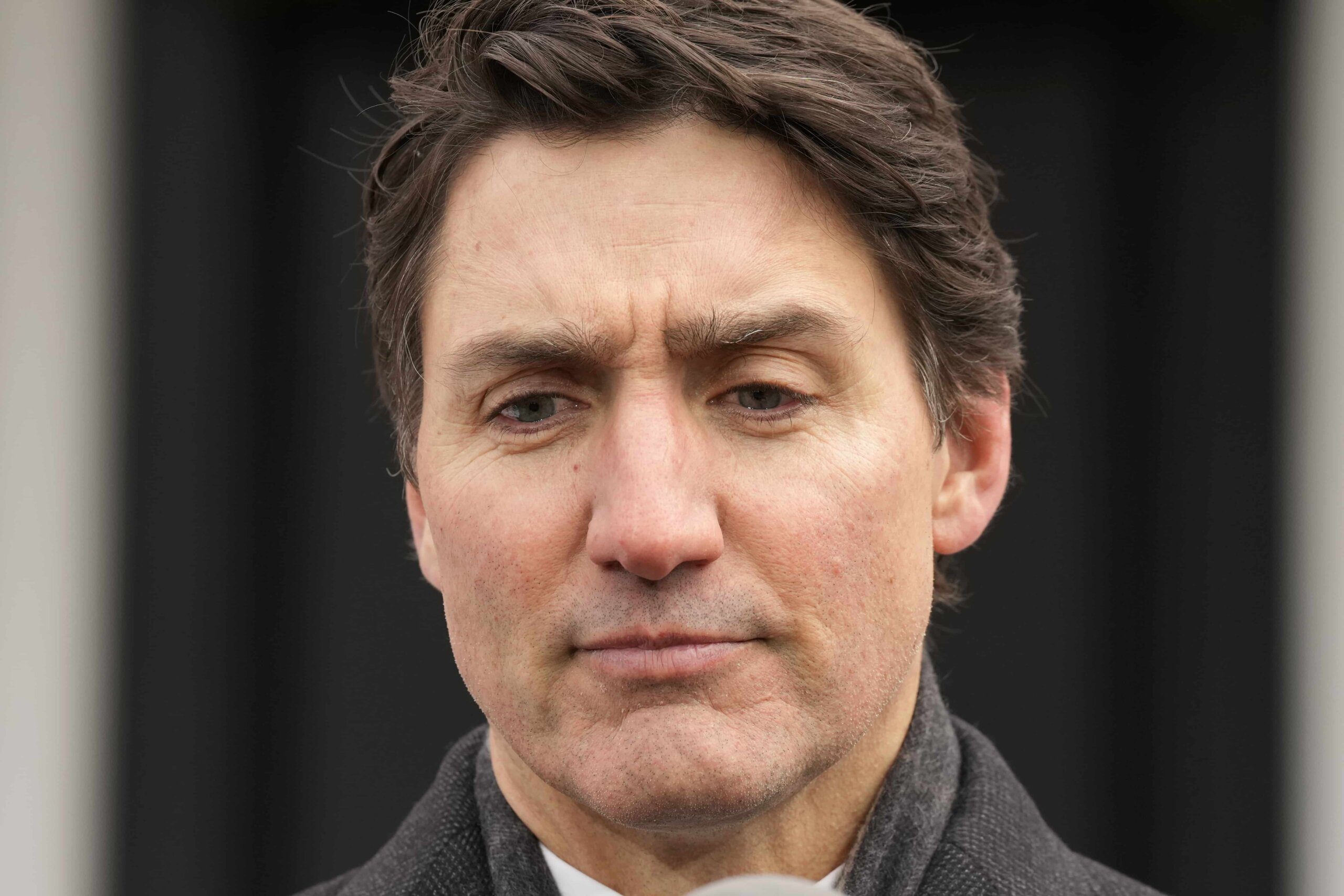

 Why you can trust Xtra
Why you can trust Xtra